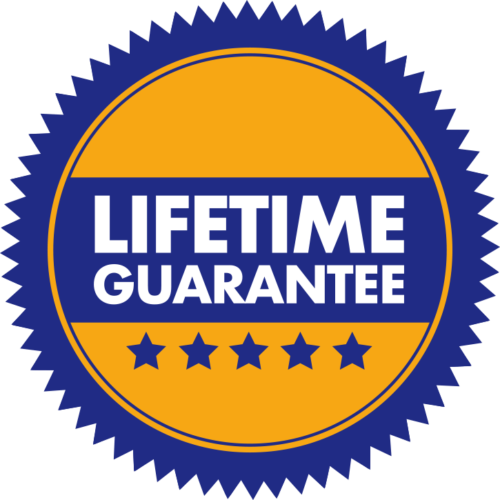Call Us:
Denver – 303.734.0956
Colorado Springs – 719.637.7582
Greeley – 970.353.1666

Denver – 303.734.0956
Colorado Springs – 719.637.7582
Greeley – 970.353.1666

EPDM (ethylene propylene diene Monomer) is a rubber single-ply roofing material. It is an elastomeric compound that is manufactured from ethylene, propylene, and a small amount of diene monomer. These ingredients are synthesized to produce a product that exhibits a high degree of ozone, ultraviolet, weathering and abrasion resistance, and outstanding low temperature flexibility. These ingredients also contribute to resistance to acids, alkalis, and oxygenated solvents (i.e., ketones, esters, and alcohols).
Sunny Roofing is an installer of Versico EPDM systems.
EPDM roofing systems are considered to be one of the most cost-effective single-ply roofing systems in today’s market. The great elongation and low temperature flexibility of EPDM membrane accommodate building movement in various climatic conditions without stressing the material. Its moisture absorption resistance allows the material to be installed in assemblies with lesser slope than other single-plies and makes it tolerable to incidental ponding and deflection.
EPDM roofing systems have been proven to last for up 30+ years.
Black EPDM has a smooth surface similar to natural gray slate and does not contain surface granules that can eventually be lost on other materials.
In addition to the oils and the polymers used to make an EPDM membrane, another ingredient is added to the mix to enhance UV resistance. In the case of a black membrane, carbon black is added, which converts UV rays into heat. With white membrane, in lieu of carbon black, titanium dioxide is typically used to reflect UV rays and prevent it from attacking the polymer.
EPDM membrane can be used for low and steep slope roofing, as well as unusually shaped structures (such as domes, barrels and other geometrically shaped roofs) due to its versatility. The membrane can be adhered, mechanically fastened, or loose laid. It can be installed above or below insulation and can also be used in below grade waterproofing applications.
Commonly system warranties that cover material and labor costs are available; and different manufacturers offer various assemblies with standard warranties that vary from 5 and 10 to 15 and 20 years. In addition, premium coverage up to 30 years is available and can include coverage for higher wind speeds, incidental puncture, and hail resistance.